Photo by Chad Flanagan, Lifelong Dayton Resident
It seems like this is one of the worst wildfire seasons I can remember. Maybe it’s especially poignant because one of the most picturesque and beautiful elk units in my home state of Wyoming has been closed and tags refunded due to a massive, 75,000 acre and growing, wildfire on the eastern slope of the Bighorn Mountains in north-central Wyoming.
While it stinks to have the hunt closed this year, that is obviously small potatoes compared to the property damage, stress, and lasting scars the Elk fire has and will leave on the local community and landscape. Our hearts ache for those left picking up the pieces once this monster is put to rest when the snows come and until then the communities affected are in our prayers.
Wildfires are often natural occurrences and almost 100% of the time are beneficial in the long run for wildlife and the health of an ecosystem but they can disrupt or cancel our best laid plans. There are many tools to track fires and/or look at past burn areas. The best ones I’ve found are the Active Wildfire and Historic Wildfire layers in onX Hunt.
The active layer helps you keep tabs on current blazes that may change your hunt plans and help you adjust on the fly. The historic layer allows you to pinpoint old burns which are often hotspots for hunting elk and mule deer as the lush, regenerative growth provides essential feed for these animals.
It stinks when a honey-hole is burned up by fire but the long term benefits of wildfires for wildlife are undeniable. The 1988 wildfire that ravaged the greater Yellowstone ecosystem also produced perfect elk habitat that played a crucial role in the elk explosion in that area. No doubt this will be the case in the years to come for Wyoming’s Bighorn mountains as well. Until then our prayers and relief efforts go out to our neighbors to the east.
 Eastmans' Official Blog | Mule Deer, Antelope, Elk Hunting and Bowhunting Magazine | Eastmans' Hunting Journals
Eastmans' Official Blog | Mule Deer, Antelope, Elk Hunting and Bowhunting Magazine | Eastmans' Hunting Journals
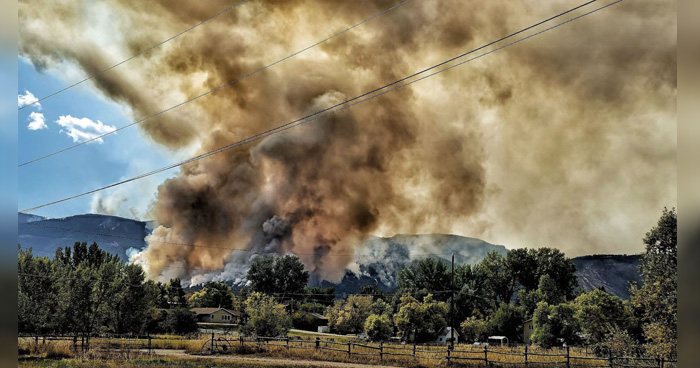
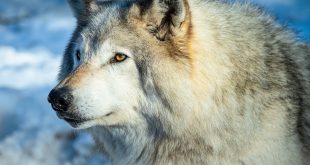
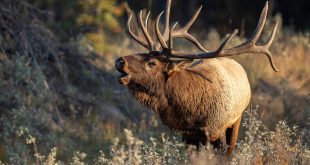
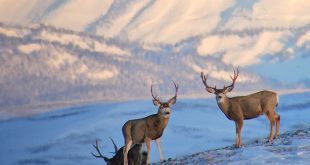
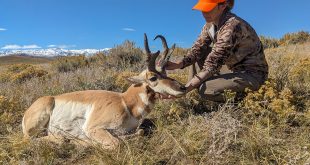
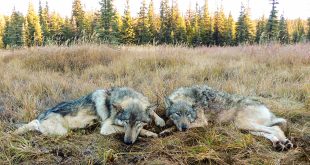
Environmental radicals blame increased wildfires on “climate change,” but I believe the single biggest contributor is the environmentalists’ own hand in shutting down proper forest management, which includes clearing out all the kindling – meaning deadfalls, dead brush, etc. All those dead trees could be harvested for lumber, but the environmentalists are against that because it’s not “natural.”